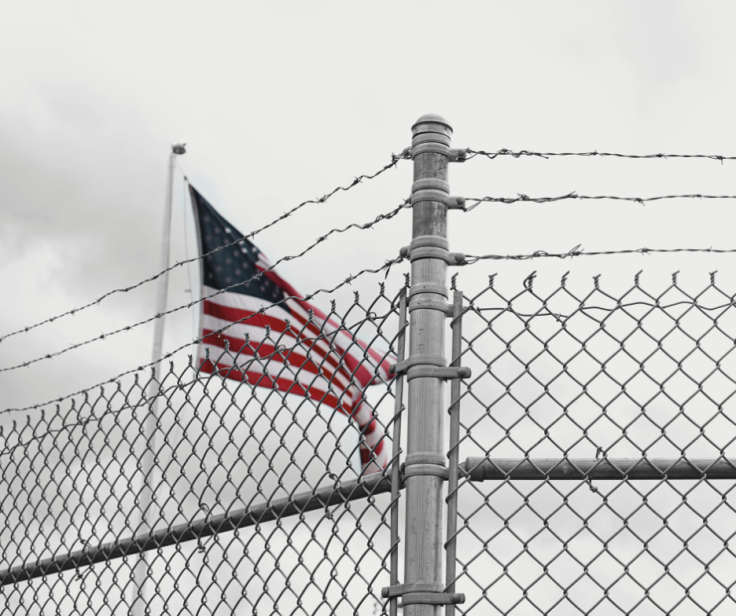Britain's Bill Gates Faces the Prospect of Time in American Prison

Mike Lynch, the founder of software company Autonomy who was once revered as the United Kingdom's Bill Gates, faces trial this week as he defends himself against 16 criminal counts of conspiracy and fraud related to the 2011 sale of his company to Hewlett-Packard.
The $11 billion dollar sale turned sour within a year of the acquisition, leading to an $8.8 billion writedown and a series of legal battles alleging Lynch and Autonomy's former CFO, Sushovan Hussain, had inflated the company's value. In January 2022, a British judge found Lynch orchestrated an elaborate fraud to inflate the value of Autonomy ahead of its sale, which lead to his extradition and criminal charges in the United States.
His house arrest in San Francisco represents a dramatic reversal of fortune for the man who was once celebrated for building Britain's flagship tech company. Lynch was long lauded by academics, politicians, and the business community for his entrepreneurial spirit and philanthropic endeavors.
The nightmare is not likely over any time soon, says federal prison consultant Sam Mangel: "Mike Lynch faces the stark truth that he may be required to serve real time in an American federal prison, and that's a tough reality: the BOP is certainly no 'Club Fed.' And because he is not a U.S. citizen, he will likely be precluded from serving his time at a minimum security facility."
Mangel, a federal prison consultant who has offered guidance and support to white collar offenders including business leaders, medical professionals, foreign nationals, and political leaders like Peter Navarro, is well-versed in the challenges that may lay ahead for Lynch.
Lynch's citizenship is a significant wrinkle that will not only impact where he would serve time but also how long the former CEO would spend in prison.
"When I engage with a new client who is facing federal incarceration, we discuss the various programs one can participate in to shorten their time away from their families," Mangel shares, "This includes First Step Act programming, participation in evidence-based recidivism reduction programs, and programs for the treatment of substances and addiction. Done correctly, these programs can reduce the time someone spends away from home in half, or even more."
These federal programs are the reason it is estimated Elizabeth Holmes will serve 78 months in federal prison rather than the 135 months she was sentenced to in November 2022. But since Mike Lynch is not a citizen of the United States, that limits his options.
While officially eligible for Good Time Credits and earned time credits under the First Step Act, non-citizens often face deportation upon completion of their sentence which can affect their eligibility to engage in programs aimed at reintegration into the community. For Lynch, this would make a difference of a year - or more.
"There's no doubt Lynch may face a battle that is steeper than most people who are guilty of comparable crimes," says Mangel, "If I had one piece of advice to share, it's to begin preparing immediately. Those who wait until the last minute are robbing themselves of valuable prep time that can make all the difference in terms of your and your loved ones emotional state, understanding the basics of prison life, and planning for program participation that can lead to a faster return home."
This is a lesson learned the hard way by Mangel, who was sentenced to 60 months in federal prison. He quickly pivoted to developing a complete understanding of federal time credit programs so he could use them to his benefit which lead to him serving less than two years in prison. These are lessons he is eager to share with those who are ready to make a change, which he does as a consultant and on the Sam Mangel YouTube channel.
As Mangel shared: "The time that I have been able to spend with my family is, of course, beautiful, but equally important is the change I underwent through the process. I embraced the experience as an opportunity to change and live a better life on the other side. I can only hope the same for Lynch and anyone else facing the prospect of incarceration."
The trial of Mike Lynch continues in San Francisco this week.
© Copyright IBTimes 2024. All rights reserved.





